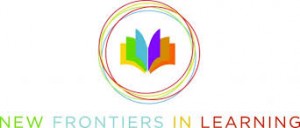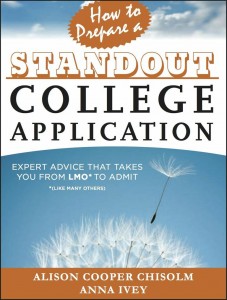Sign up for my FREE parent tips email and get my FREE Ebook on college financing!
There has been a recent trend towards an increasing number of students with learning differences attending college each year. While this is a tremendous accomplishment, colleges may not have the resources to support students with challenges in academic learning, executive functioning, and social interaction. In addition, these students may not have the self-advocacy, executive functioning and independence skills necessary to be successful at the college level.
New Frontiers in Learning comes to the rescue
 With this new wave comes New Frontiers in Learning, the next generation of secondary and post-secondary supports designed specifically to meet the academic, social, and career development needs of students with learning disabilities, autism spectrum disorders, and related learning differences. New Frontiers allows students to choose a college or university based on where they want to attend, and not on what type of support services are available. Academic, social engagement, and career development supports can be brought directly to the student and supplement the supports the colleges are providing based on the individual needs of the students.
With this new wave comes New Frontiers in Learning, the next generation of secondary and post-secondary supports designed specifically to meet the academic, social, and career development needs of students with learning disabilities, autism spectrum disorders, and related learning differences. New Frontiers allows students to choose a college or university based on where they want to attend, and not on what type of support services are available. Academic, social engagement, and career development supports can be brought directly to the student and supplement the supports the colleges are providing based on the individual needs of the students.
Providing support for learning disabled students
New Frontiers provides academic, social, and career development support to students, as well as executive functioning instruction and the development of college readiness skills. The New Frontiers staff has considerable experience supporting students through the transition from high school to college, through college, and beyond. Each member of the administrative staff holds a Master’s degree or beyond in special education. New Frontiers’ coaches possess a minimum of a Bachelor’s degree from a highly accredited university.
A summer program for students
The New Frontiers in Learning summer program, Summer in the City, is a hands on experience tied to the development of each student’s executive functioning skills, while working on social relationships as students experience the culture and excitement of New York City. Morning sessions include reading and writing at the high school and college level and strategy instruction to build executive functioning competence for everyday personal management. Afternoons are filled with New York City experiences and adventures.
Tutoring and coaching services
The academic year and summer and winter session tutoring and coaching services at New Frontiers have been designed to provide individually customized academic and social support services to adolescents and young adults with challenges in academic learning, executive functioning, and social interaction. Services begin in ninth grade and continue through college and beyond. The program works to maintain high academic and social standards for all students, promoting strong relationships in all phases of the student’s life. New Frontiers works with students closely to become a strong liaison between students and their respective institutions. This includes assisting with communication between peers, school officials, residence life advisors, and faculty to make each student’s experience as enjoyable as possible.









